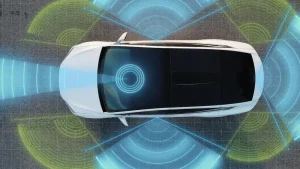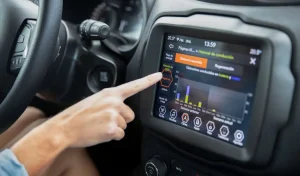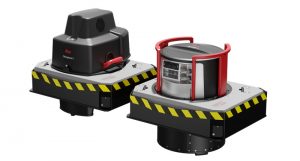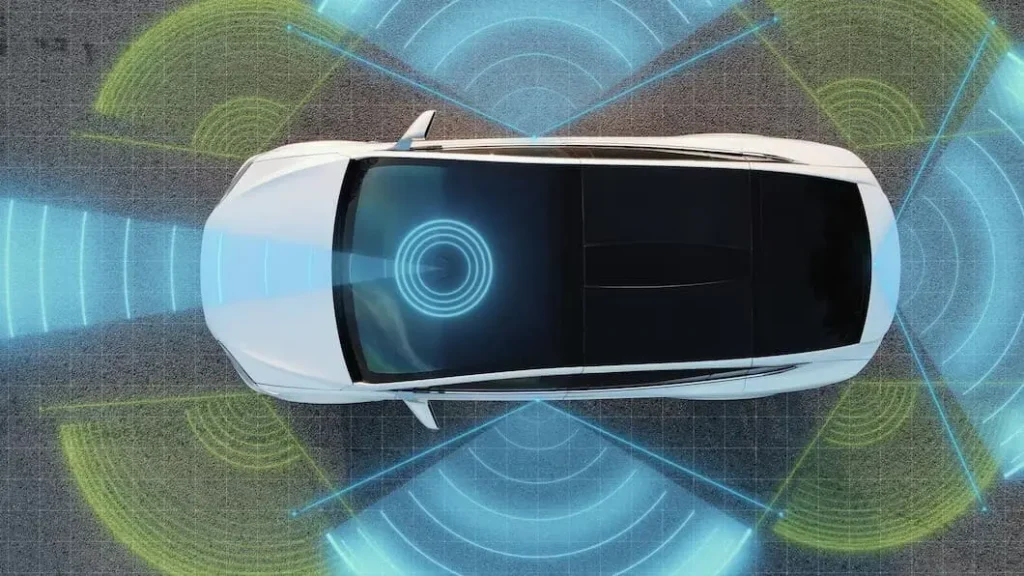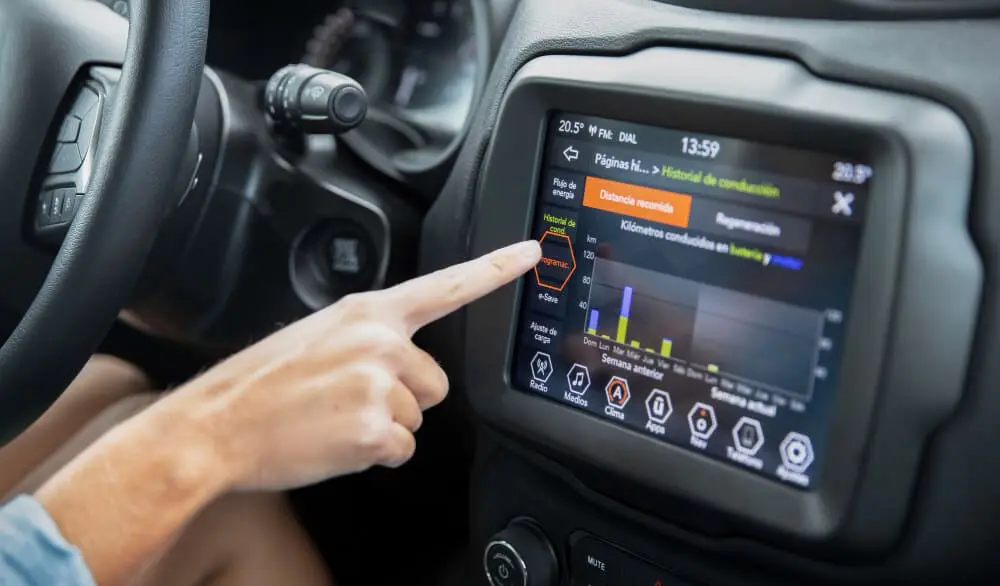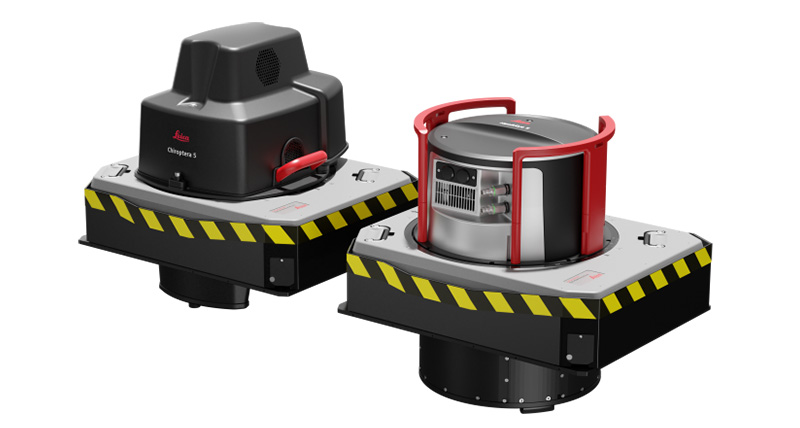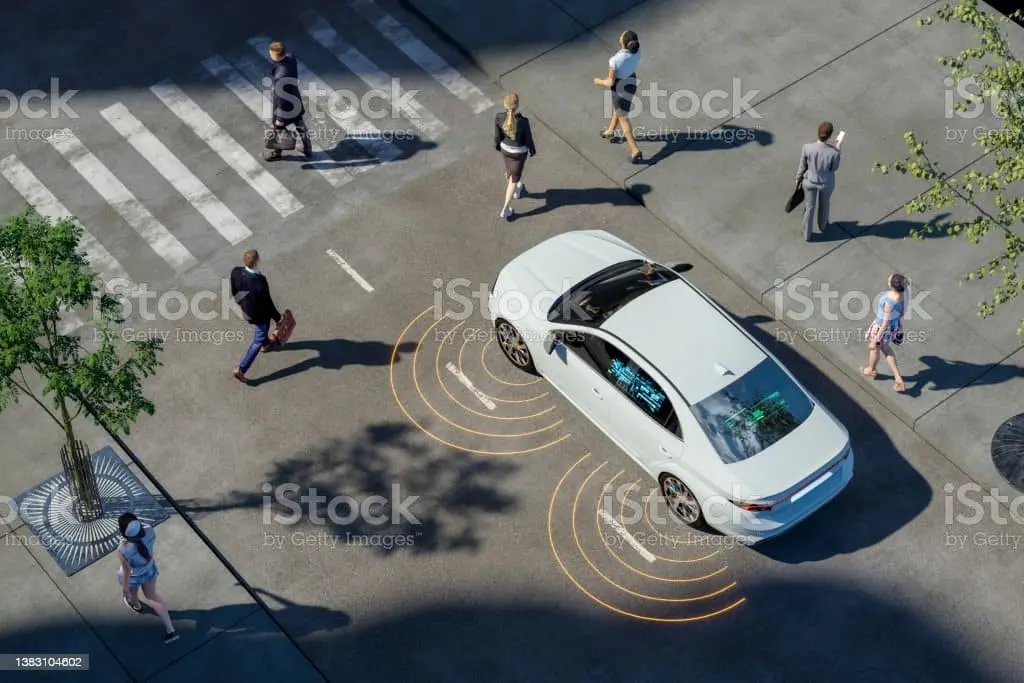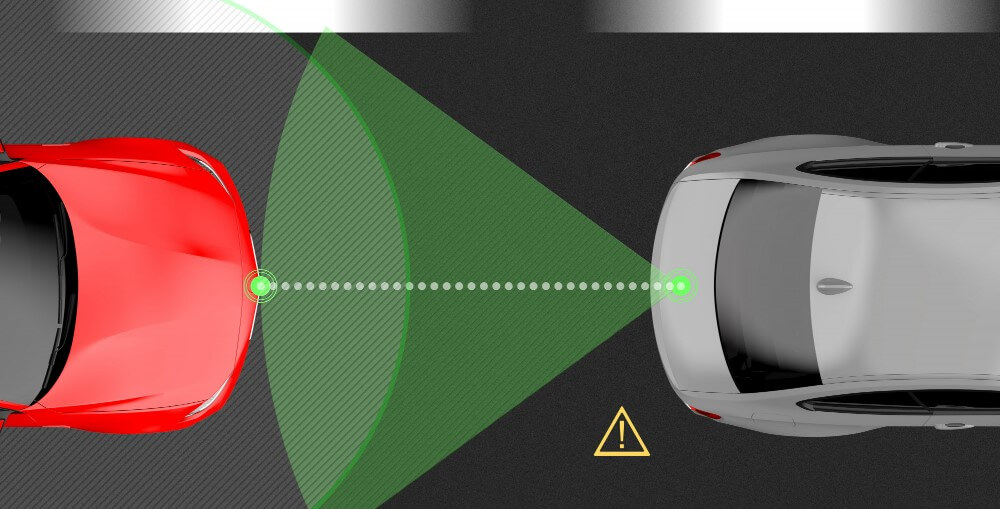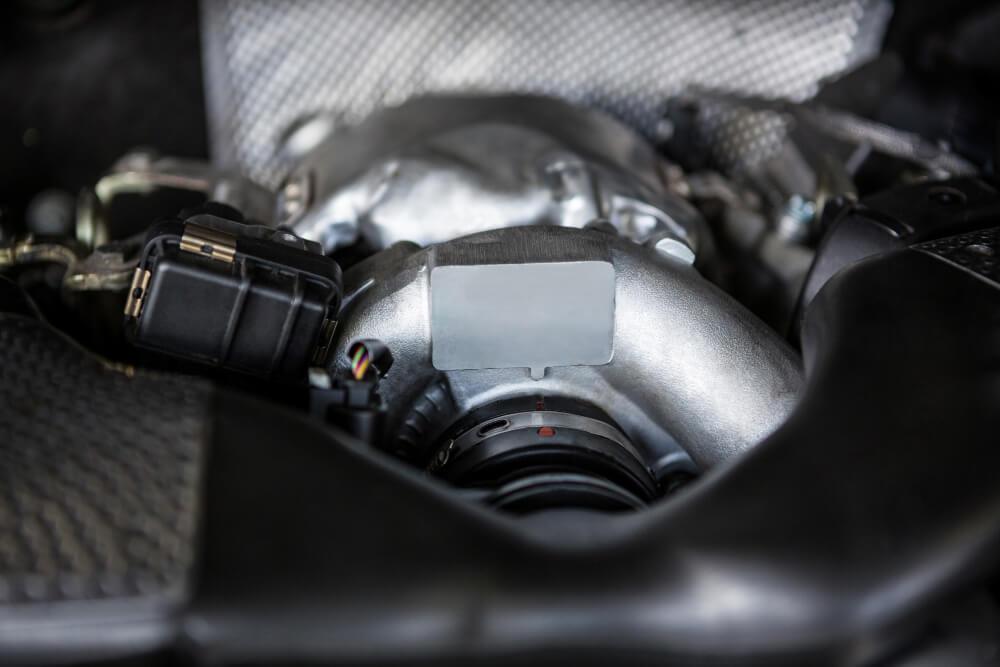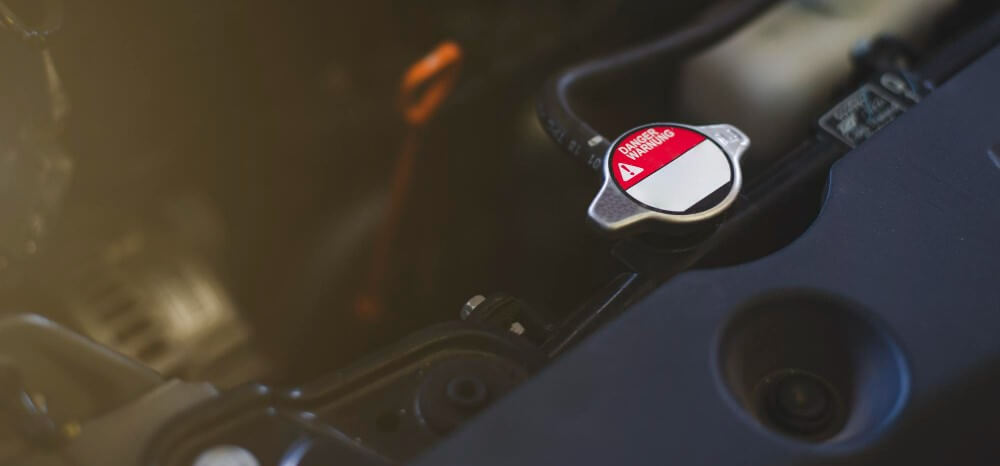
The Lambda sensor is an essential component of a car’s emissions control system. This blog post will delve into the workings of this sensor, explaining its role in controlling emissions and improving fuel efficiency.
We’ll also cover common issues with Lambda sensors and how to diagnose and fix them. Whether you’re a car enthusiast or simply curious about how your vehicle works, this post is a must-read for anyone interested in automotive technology.
What is a Lambda Sensor?
It is an electronic device that measures the oxygen in an engine’s exhaust gas. Sensors produce voltage signals proportional to exhaust gas oxygen levels. The computer uses this signal in the engine to adjust the fuel-to-air ratio. The machine can operate more efficiently by maintaining the correct fuel-to-air balance, resulting in better fuel economy and lower emissions.
Benefits of Lambda Sensors
A suitable lambda sensor is essential for optimal engine performance and emissions control. Here are some of the benefits of choosing it:
- High-quality materials: A high-quality material ensures your lambda sensors’ long-lasting performance and durability.
- Precise performance: It fits specific makes and models of vehicles, ensuring exceptional performance and easy installation.
- Affordable prices: You will get offered competitive prices, making it easy to get the best possible value for your money.
How Does a Lambda Sensor Work?
It measures oxygen in exhaust gases. It’s usually the manifold or pipe of the exhaust system that houses exhaust sensors. As exhaust gas passes over the sensor, a chemical reaction takes place, which generates a voltage signal. After receiving the voltage signal, the engine’s computer adjusts the fuel-to-air ratio based on the voltage signal.
One of the key benefits of the Lambda sensor is that it can detect rich and lean fuel-to-air ratios. A rich fuel-to-air ratio means that there is too much fuel in the engine, while a poor fuel-to-air ratio means that there is too much air. By detecting these conditions, the Lambda sensor can help the engine’s computer to adjust the fuel-to-air balance to the correct level.
Why is the Lambda Sensor Important?
It is essential for modern engines, as it helps ensure efficient engine performance while reducing emissions. Without a Lambda sensor, the engine’s computer would have no way of accurately measuring the amount of oxygen in the exhaust gas, which could result in poor engine performance and increased emissions.
In addition to maintaining the correct fuel-to-air ratio, these can also help diagnose engine problems. For example, if the sensor detects a consistently lean fuel-to-air ratio, it could indicate a vacuum leak or a faulty fuel injector. Conversely, if the sensor detects an always rich fuel-to-air ratio, it could mean a defective oxygen sensor or a clogged air filter.
What are the Types of Lambda Sensors?
There are two types of Lambda sensors: Zirconia sensors and Titania sensors. Zirconia sensors are the most common type of Lambda sensor, and they work by measuring the difference in oxygen concentration between the exhaust gas and the surrounding air. On the other hand, Titania sensors measure the change in electrical resistance as the amount of oxygen in the exhaust gas changes.
Zirconia sensors are typically more accurate than Titania sensors but are also more expensive. Titania sensors are cheaper, but they are less accurate and are only suitable for use in some types of engines.
Conclusion
In conclusion, it is a critical component of modern engines. Its role in maintaining the correct fuel-to-air ratio ensures efficient engine performance while also reducing emissions. Without a Lambda sensor, machines would be much less efficient, and emissions would be much higher.
We hope this article has helped you understand more about the Lambda sensor and its importance in modern engines. Please get in touch with us if you have any further questions or would like to learn more.

